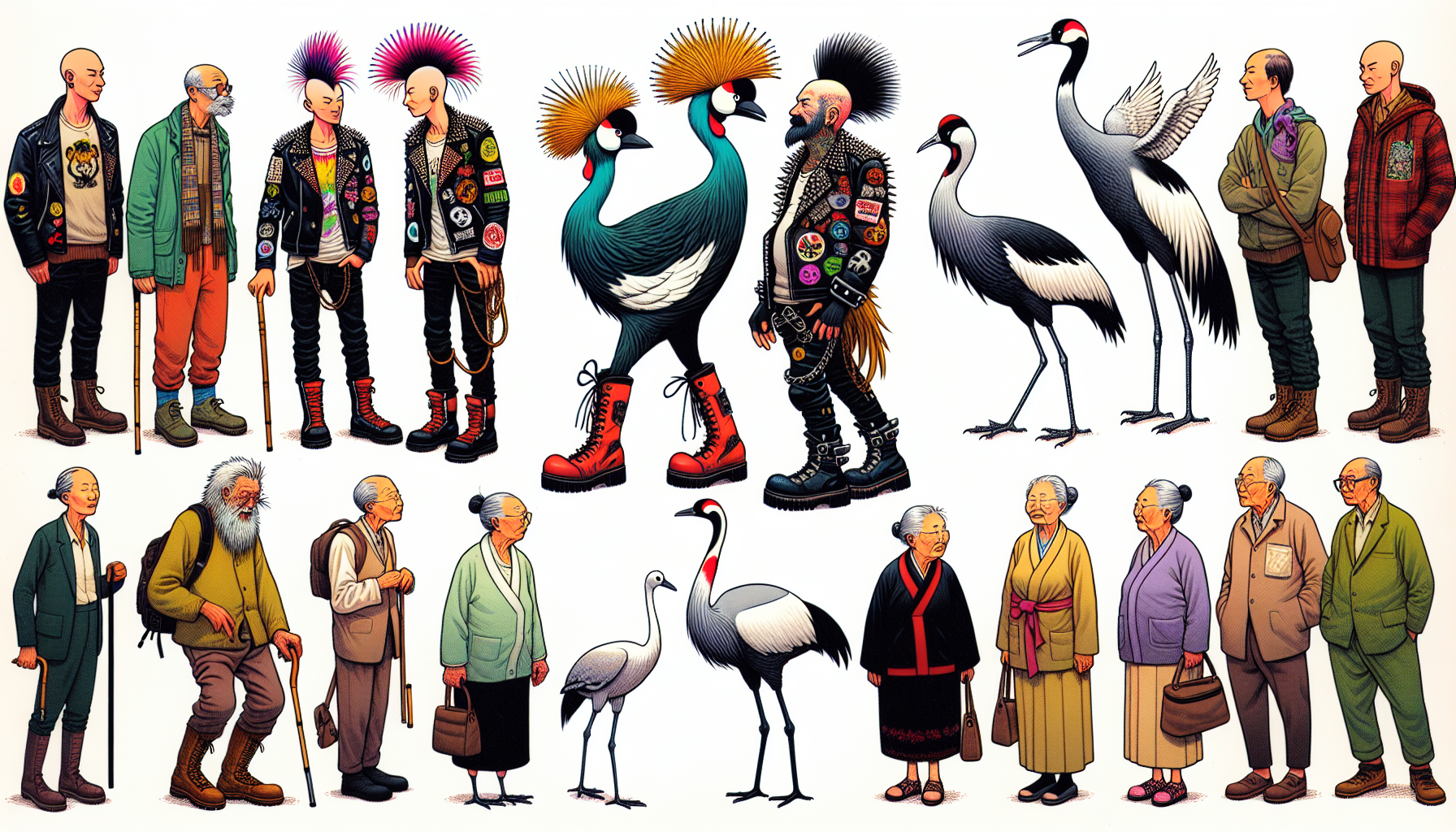Balancing Work and Wanderlust: The Life of a Traveling Medical Lab Technician

For traveling medical lab technicians, the allure of travel goes beyond mere exploration; it's about embracing new cultures, meeting diverse individuals, and contributing to healthcare in various communities. Each assignment presents a unique opportunity to learn from local healthcare practices, observe different patient demographics, and even engage with local traditions. This enriching experience not only broadens their professional horizons but also enhances personal growth.
Navigating the Challenges
While the prospect of travel is enticing, it is not without its challenges. One of the primary hurdles is managing a work-life balance. Traveling lab technicians often find themselves working long hours, especially in critical care environments or during staffing shortages, leaving little time for exploration. The key to overcoming this challenge is effective time management.
Embracing New Experiences
Traveling medical lab technicians often find that their work allows them to experience places in ways that typical tourists cannot. For instance, working in a rural clinic might lead to interactions with patients who have unique health challenges or engaging with local healthcare providers who share their experiences. These encounters enrich the technician's understanding of healthcare in different cultural contexts.
Finding Hidden Gems
One of the most rewarding aspects of being a traveling medical lab technician is discovering hidden gems in each new city. From small cafes with exceptional local coffee to scenic parks perfect for unwinding after a long shift, every location has its unique offerings.
Balancing work and wanderlust as a traveling medical lab technician is a rewarding yet challenging endeavor. By mastering time management, embracing new experiences, and actively seeking out local treasures, these professionals can create a fulfilling lifestyle that harmoniously blends their passion for travel with their commitment to healthcare. As they journey from one assignment to another, they not only contribute to the medical field but also gather stories and experiences that enrich their lives. Ultimately, the adventure of being a traveling medical lab technician proves that sometimes the best adventures happen just outside the lab, as they navigate a world filled with endless opportunities for growth, connection, and discovery.
Clinical Lab Scientist (CLS)
LabCorp, Quest Diagnostics
Core Responsibilities
Perform complex laboratory tests and analyses to provide accurate and timely patient diagnoses.
Supervise laboratory staff and ensure compliance with safety and quality control standards.
Maintain and troubleshoot laboratory equipment, ensuring optimal functionality.
Required Skills
Strong analytical skills and attention to detail.
Proficiency in various laboratory techniques and instrumentation.
Ability to work effectively in high-pressure environments.
Common Employers
Hospitals
diagnostic laboratories
outpatient clinics
Unique Qualifications
A Bachelor’s degree in Clinical Laboratory Science or a related field, along with state licensure and certification from a recognized body (e.g., ASCP).
Travel Phlebotomist
AMN Healthcare, Aya Healthcare
Core Responsibilities
Collect blood specimens from patients in various healthcare settings, ensuring patient safety and comfort.
Label and process specimens accurately for laboratory testing.
Educate patients about the blood collection process and address any concerns.
Required Skills
Exceptional interpersonal skills and empathy towards patients.
Proficiency in phlebotomy techniques and knowledge of bloodborne pathogens.
Ability to adapt to different clinical environments and protocols.
Common Employers
Staffing agencies
hospitals
blood donation centers
Unique Qualifications
Certification from a recognized phlebotomy organization (e.g., NCCT or ASCP) and experience in diverse clinical settings.
Medical Laboratory Technician (MLT)
Siemens Healthineers, Mayo Clinic
Core Responsibilities
Conduct routine laboratory tests on biological samples, including blood and urine.
Prepare specimens for analysis and assist in quality assurance processes.
Record and report test results while ensuring compliance with laboratory protocols.
Required Skills
Strong technical skills in laboratory equipment operation and maintenance.
Attention to detail and proficiency in data analysis.
Ability to work independently and collaboratively in a team environment.
Common Employers
Hospitals
reference laboratories
public health organizations
Unique Qualifications
An associate degree in medical laboratory technology and national certification from organizations like ASCP or AMT.
Molecular Pathologist
Genomic Health, Illumina
Core Responsibilities
Analyze genetic material and conduct molecular diagnostics to identify diseases.
Collaborate with multidisciplinary teams to develop treatment plans based on molecular findings.
Stay updated on advancements in molecular techniques and their clinical applications.
Required Skills
Expertise in molecular biology techniques such as PCR, sequencing, and FISH.
Strong analytical and critical-thinking skills for interpreting complex data.
Excellent communication skills for conveying findings to healthcare teams.
Common Employers
Academic medical centers
research institutions
diagnostic laboratories
Unique Qualifications
A medical degree (MD or DO) with a pathology residency and fellowship training in molecular pathology.
Healthcare IT Specialist (Laboratory Systems)
Cerner, Epic Systems, McKesson
Core Responsibilities
Implement and manage laboratory information systems (LIS) for efficient data handling and reporting.
Train laboratory staff on new technologies and software applications.
Collaborate with clinical teams to ensure seamless integration of laboratory data into electronic health records (EHR).
Required Skills
Strong understanding of laboratory workflows and IT systems.
Proficiency in database management and data analysis tools.
Problem-solving skills for troubleshooting technical issues.
Common Employers
Healthcare IT firms
hospitals
laboratory service providers
Unique Qualifications
A degree in healthcare informatics or information technology, along with experience in laboratory operations and IT systems. Certifications such as Certified Health Data Analyst (CHDA) can be beneficial.


